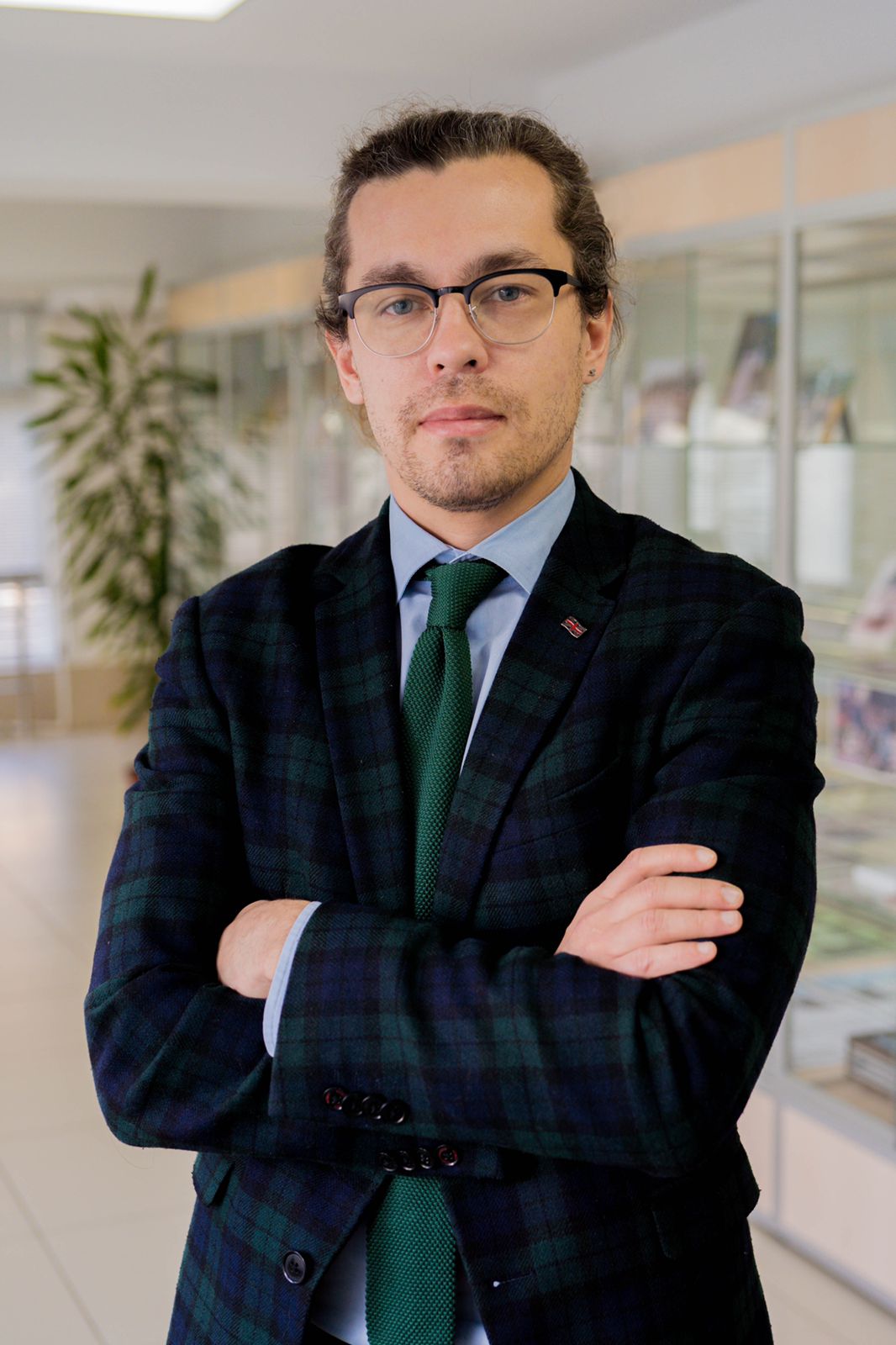Conflict prevention between russians and external labour migrants
Keywords:
external labour migration, conflicts, crime prevention, ombudsman for the protection of migrants’ rights, migration policyAbstract
Many criminal acts are preceded by various conflicts (interpersonal, intergroup, interethnic, interreligious, etc.), therefore it is necessary to identify the causes of these conflicts and eliminate them in order to prevent crime. In this regard, the author analyzes the statistical indicators and scientific publications on migration issues, and attempts to study the determinants of conflicts between external labor migrants and the indigenous population of Russia, to consider the negative consequences of such conflicts escalation, as well as to propose specific measures aimed at timely conflict prevention.
All the identified causes are systematized into three groups. The external causes of conflicts include unsatisfactory living and working conditions of migrants, the lack of mechanisms to protect their rights, the presence of cultural barriers, destructive activities of separate media, etc. Internal causes are divided into two subgroups, the first one includes the causes related to the personality of migrants (increased risk of mental disorders, stress,frustration, etc.), the second one includes the causes related to the personality of Russians (fear of possible competition for jobs, lack of tolerance towards other cultures, etc.). Measures are proposed to eliminate the identified causes: holding joint cultural, scientific and sports events; establishment of the institute of public control over the housing and living conditions, working conditions of external migrants; establishment of the post of Commissioner for Migrants’ Rights in the constituent entities of the
Russian Federation; organization of a telephone line for psychological assistance; dissemination of educational materials with the help of specialized public organizations, including through social
networks.
Downloads
Published
Issue
Section
License
Copyright (c) 2023 RUSSIAN LAW: EDUCATION, PRACTICE, RESEARCHES

This work is licensed under a Creative Commons Attribution-NonCommercial 4.0 International License.







 This work is licensed under a
This work is licensed under a 